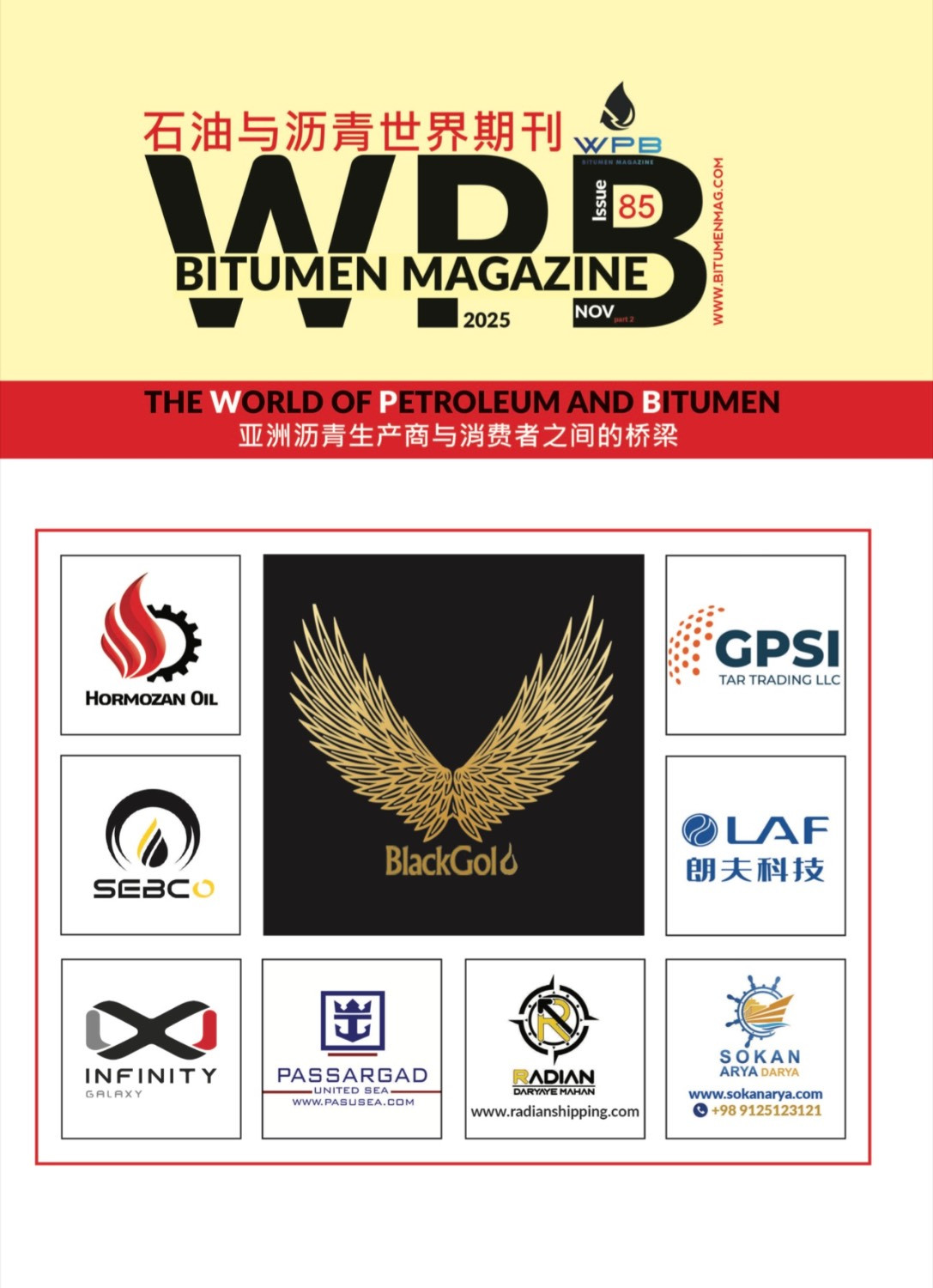WPB: Singapore’s push for excellence in advanced manufacturing is increasingly defined by innovation and efficiency. A notable development in this context is the adoption of bitumen technology in the paints and coatings industry. While bitumen has long been associated with roadwork and roofing, its distinctive characteristics are now being applied to boost performance, durability, and cost-efficiency in coating formulations. This shift signifies a major upgrade in both production methodologies and product capabilities within Singapore’s chemical sector.
What is Bitumen Technology?
Bitumen, a dense, tar-like derivative of crude oil, is primarily known for its use in asphalt and waterproof layers. Composed of complex hydrocarbons, it exhibits remarkable adhesive and cohesive strength. Modern processing techniques now allow this material to be refined and customized for use in paints and coatings. The result is a product that withstands wear, maintains stability in harsh conditions, and adheres well to various surfaces.
Key Advantages of Bitumen in Coating Formulations
• Superior Adhesion and Film Integrity
Bitumen naturally enhances the bonding strength in coatings, contributing to more even coverage and reduced cracking. This is especially beneficial in industrial paints for vehicles, infrastructure, and machinery.
• Exceptional Waterproofing Capabilities
Bitumen’s resistance to moisture makes it ideal for coatings designed to prevent water infiltration, particularly in marine, architectural, and heavy-duty environments.
• Enhanced Thermal and UV Resistance
Coatings infused with bitumen maintain their properties despite exposure to heat and sunlight, making them highly suitable for outdoor and tropical use.
• Adaptability Through Chemical Modification
Bitumen’s structure can be engineered with polymers and additives to achieve specific performance outcomes, such as greater elasticity or corrosion resistance.
• Cost Efficiency
Owing to its low cost and minimal required volume for effective results, bitumen allows manufacturers to reduce raw material expenses while preserving or improving coating performance.
Application Areas in Singapore’s Coatings Industry
Singapore’s diverse industrial base is beginning to reap the rewards of integrating bitumen technology across several sectors:
• Construction and Architecture: Bitumen-modified paints are now used on building exteriors for waterproofing and weather protection, offering longevity and resilience in Singapore’s humid climate.
• Automotive Sector: Vehicle coatings incorporating bitumen exhibit better impact resistance and surface gloss retention, key features for high-end automotive finishes.
• Industrial Equipment Protection: Heavy machinery and chemical containers benefit from bitumen-enhanced coatings that resist corrosive substances and physical wear.
• Household and Decorative Paints: Improved film quality and aesthetic appeal help increase customer satisfaction and product shelf life.
• Marine and Infrastructure Projects: The water- and UV-resistant nature of bitumen-based coatings is particularly valuable for marine applications and long-term infrastructure durability.
Economic and Environmental Gains
Economic Impacts:
• Lower production costs due to efficient raw material usage
• Enhanced output and reduced downtime due to stable formulations
• Competitive advantage through product innovation and performance
• Increased opportunities for international sales of high-quality coatings
Environmental Contributions:
• Less production waste thanks to improved processing efficiency
• Reduced energy use and emissions from streamlined manufacturing
• Support for green practices by extending product life and lowering VOC levels
• Better alignment with environmental regulations and global standards
Overcoming Challenges and Implementing Solutions
Despite its many advantages, integrating bitumen technology into coatings manufacturing comes with challenges.
However, these can be addressed with thoughtful strategies:
1. Material Compatibility
• Issue: Bitumen must blend seamlessly with existing formulation components, which can be difficult.
• Solution: Rigorous testing and research help in fine-tuning formulations, ensuring performance is enhanced and not compromised.
2. Production Line Integration
• Issue: Incorporating bitumen technology often requires costly upgrades to current production systems.
• Solution: A phased approach supported by financial incentives and public-private collaborations can ease the transition and spread the investment burden.
3. Environmental and Safety Management
• Issue: Bitumen’s dense, sticky nature can pose handling challenges and environmental risks.
• Solution: Enforcing strict safety protocols, using modern containment systems, and adopting eco-conscious processing methods reduces potential hazards.
4. Market Volatility
• Issue: Price shifts and fluctuating demand for specialty coatings can introduce uncertainty.
• Solution: Long-term sourcing contracts and a diversified supplier base provide greater supply chain stability and product consistency.
Industry Case Studies: Real-World Success in Singapore
Numerous manufacturers in Singapore have effectively applied bitumen technology, showcasing its practical impact:
• Architectural Coatings Pioneer: A major supplier reformulated its exterior coatings using modified bitumen to enhance moisture protection and adhesion. The switch cut production costs by 12%, met new performance standards, and boosted its market share.
• Advanced Automotive Finishes: A local car paint manufacturer improved weather resistance and gloss retention through bitumen integration. The resulting products extended service life by 15% and lowered long-term maintenance needs.
• Eco-Friendly Industrial Paints: A company specializing in industrial coatings adopted bitumen-rich formulas, cutting VOC emissions by 20%. These paints also stood up better to harsh environments, opening doors to European and North American markets.
Emerging Opportunities and Future Outlook
The road ahead for bitumen in Singapore’s coatings sector is filled with promise. Key future directions include:
• Smart Production Ecosystems: Integrating AI, IoT, and real-time sensors to streamline processes and reduce waste even further.
• Hybrid Materials Development: Research is exploring new materials that blend bitumen with eco-resins and advanced polymers for superior performance and sustainability.
• Sustainable Innovation: The push for environmentally conscious manufacturing will drive the creation of greener, recycled, and reusable bitumen blends.
• Global Market Expansion: Thanks to Singapore’s advanced infrastructure and logistics, high-performance coatings have access to a growing global customer base.
• Collaborative R&D Growth: Governmental, academic, and industrial partnerships will continue fueling innovation, expanding the boundaries of what bitumen-based coatings can achieve.
Conclusion
Bitumen technology is playing a transformative role in Singapore’s coatings and paint manufacturing space. By enhancing product strength, waterproofing, chemical resilience, and cost-efficiency, it contributes to higher quality and more sustainable outcomes. Backed by automation, smart tech, and strong R&D, Singapore is positioned to lead the global shift toward advanced, eco-friendly coatings built on the foundation of bitumen innovation.
By WPB
Bitumen, Singapore, Technology



















